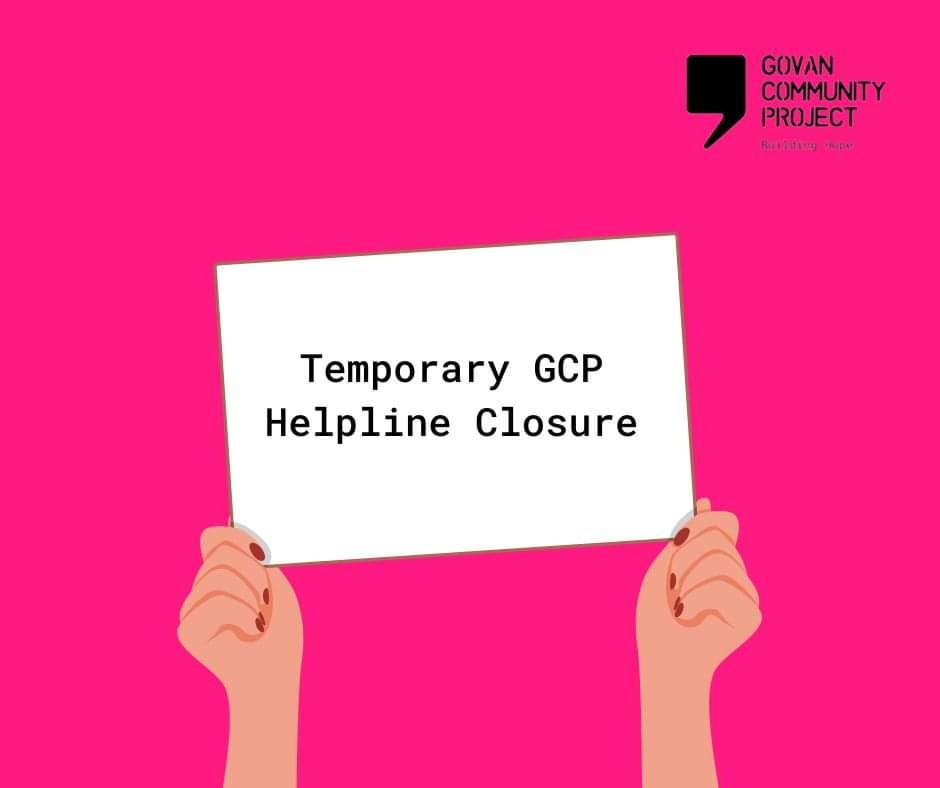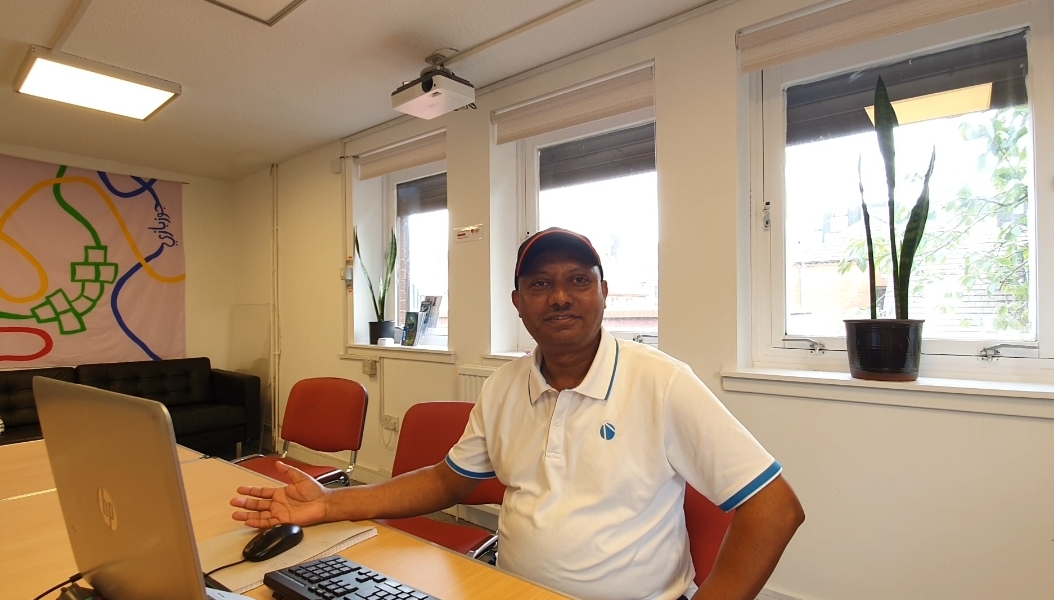Tag: advocacy

Govan Community Project has recently started a new year-long project called Ending Destitution Together (EDT).
GCP, in partnership with the Scottish Refugee Council, previously worked closely with the Scottish Government and COSLA on the development of the Ending Destitution Together Strategy. The strategy aims to improve the outcomes and support options for people with No Recourse to Public Funds (NRPF) living in Scotland.
Our new EDT project represents communities affected by the UK government’s NRPF policy, made up of group members with lived experience.
The group has started planning their year-long research and advocacy project, with meetings with the Scottish government as well as partnerships with a range of national and local organisations to give our political leaders a solid understanding of the effects of destitution on Scotland’s population.
We spoke to our Ending Destitution Together Coordinator Rago to find out more about the project.
Who is involved in the Ending Destitution Together project?
The Participatory Action Research (PAR) group is a group of people from across Scotland who have lived experience of destitution or who are at risk of destitution with NRPF by the current UK immigration policy. Some are survivors from destitution in the past, others are currently faced with this situation.
The project ensures that the voices of individuals directly impacted by destitution/risk of destitution caused by immigration policy are heard, and their knowledge and experiences valued as equal co-production partners in policy development. We say nothing for us without us.
What will the research look at?
Many people are facing destitution for different reasons; it could be someone who had their asylum claim rejected and is awaiting appeal, or someone whose visa has expired, but they have no place to go. These people have NRPF, so they can’t fulfil their basic needs. If you can’t work or access public funds it’s very hard. I have seen some people destitute for a period get back into the system, some can be stuck in this cycle for 15 or 20 years. Image a person stuck without status for 20 years, what can they do?
People have individual needs, but there’s also general needs. We will be researching what sort of things would be helpful to those people, what kind of support they need from the government and local authorities. In my other role as the GCP Men’s Group Coordinator, I noticed how many barriers people face, but they don’t talk about it. So first we need to build trust for people to share.
What do you hope to achieve?
We have one year to do this research, to speak to people across Scotland to understand all the issues. From this research we are hoping to get an accurate account of the situation and use it as evidence to present to the Scottish Government.
